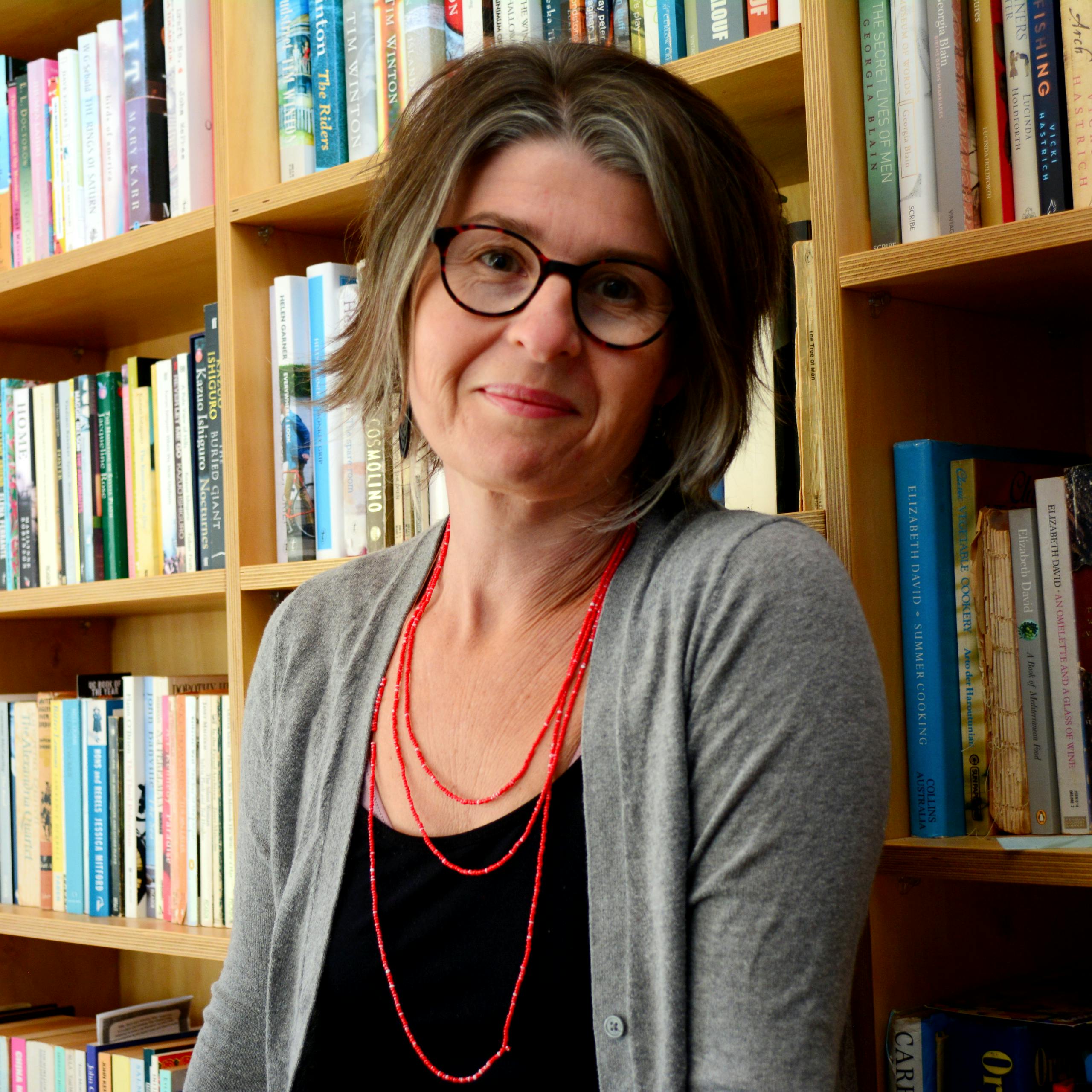Tegan Bennett Daylight

Tegan Bennett Daylight is a writer, teacher and critic who has published three novels: Bombora, What Falls Away and Safety, as well as several books for children and teenagers. Her collection of short stories, Six Bedrooms, was published in July 2015, and shortlisted for the ALS Gold Medal, the Steele Rudd Award and the 2016 Stella Prize. Her book of essays, The Details, was published by Scribner in July 2020 and was shortlisted for the Prime Minister’s Award for Non-Fiction. She works as a lecturer in English and Creative Writing at Western Sydney University, and lives on Darug/Gundungurra land in the Blue Mountains.
Tegan’s latest book is the YA novel Royals, which tells the story of six teenagers trapped in a parallel universe – only this parallel universe is a shopping mall. Royals was published by Simon & Schuster in May 2023 and shortlisted for the NSW Premier’s Award.




